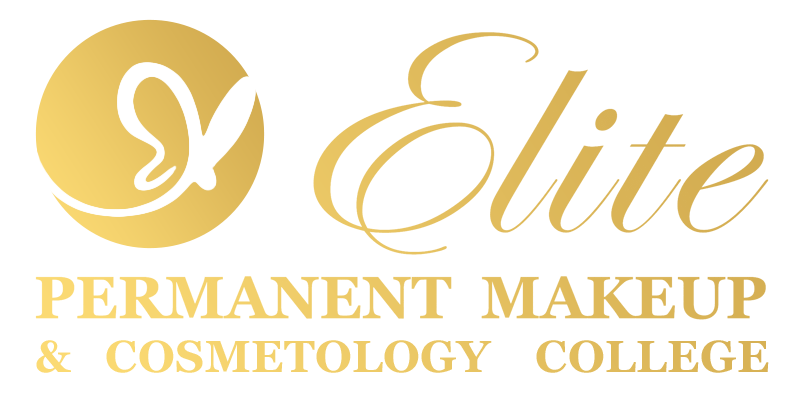Laser hair removal is a popular and effective method for achieving long-term hair reduction. However, it’s not suitable for everyone. Certain skin types, medical conditions, and lifestyle factors can make laser hair removal less effective or even risky. Before scheduling a session, it’s essential to understand if you’re a good candidate for the procedure.
In this guide, we’ll cover who should avoid laser hair removal, potential risks, and alternative options.
1. Individuals with Certain Skin and Hair Types
Why Skin and Hair Type Matters
Laser hair removal works by targeting the pigment (melanin) in hair follicles. Because of this, the treatment is most effective for individuals with light skin and dark hair. However, advancements in laser technology have made it possible for darker skin tones to benefit as well.
Who Should Be Cautious?
- People with very light blonde, gray, red, or white hair – The laser struggles to detect hair without enough melanin.
- Individuals with very dark skin – Older lasers may not differentiate between hair and skin, increasing burn risks.
- Those with sensitive skin prone to hyperpigmentation – The treatment could cause discoloration.
2. Pregnant and Breastfeeding Women
Is Laser Hair Removal Safe During Pregnancy?
There’s no conclusive evidence that laser hair removal harms pregnant women or their babies. However, due to hormonal changes, hair growth patterns can fluctuate, making treatments less effective.
Why It’s Best to Wait
- Increased skin sensitivity may lead to discomfort.
- Hormonal changes could cause unpredictable hair regrowth.
- Most providers recommend postponing laser hair removal until after pregnancy and breastfeeding.
3. People with Certain Medical Conditions
Medical Conditions That May Cause Complications
- Autoimmune diseases like lupus or vitiligo – The treatment may trigger flare-ups.
- Diabetes – Slower healing times increase the risk of complications.
- Epilepsy – Flashing laser lights could potentially trigger seizures.
- Keloid-prone individuals – The laser may lead to excessive scarring.
If you have any of these conditions, consult with a dermatologist before undergoing laser hair removal.
4. Those Taking Certain Medications
Medications That May Interfere
Some medications make the skin more sensitive to light, increasing the risk of burns and hyperpigmentation.
Common Medications to Watch Out For:
- Accutane (Isotretinoin) – Causes extreme skin sensitivity.
- Antibiotics (Tetracyclines, Doxycycline, etc.) – Can lead to photosensitivity reactions.
- Blood thinners – Increase the risk of bruising.
- Hormonal treatments – May interfere with hair growth cycles.
If you’re on any of these medications, consult your doctor before proceeding with laser treatments.
5. Individuals with Active Skin Conditions
Why Skin Health is Important
Laser treatments can aggravate existing skin issues, leading to irritation, inflammation, or scarring.
Avoid Laser Hair Removal If You Have:
- Eczema or psoriasis in the treatment area.
- Active acne breakouts (especially cystic acne).
- Open wounds, cuts, or sunburns in the area.
- Recent chemical peels or skin resurfacing treatments.
Waiting until the skin is fully healed will help prevent complications.
6. Tanned or Recently Sun-Exposed Skin
Why You Should Avoid Laser Hair Removal on Tanned Skin
Lasers target melanin, and tanned skin has higher melanin levels, increasing the risk of burns and hyperpigmentation.
How Long Should You Wait?
- Avoid laser treatments for at least two weeks after sun exposure.
- Use sunscreen with SPF 50+ to protect treated areas.
7. People Expecting Immediate and Permanent Results
Understanding the Reality of Laser Hair Removal
While laser hair removal significantly reduces hair growth, it’s not a one-time permanent solution. Multiple sessions are required, and some hair may regrow over time.
What to Expect
- Most people need 6-8 sessions for best results.
- Hair reduction is long-term, but not always 100% permanent.
- Touch-up sessions may be needed over the years.
Conclusion
Laser hair removal is an excellent option for many people, but it’s not suitable for everyone. If you fall into any of the categories above, consult a dermatologist before proceeding. Alternative hair removal methods, like waxing, sugaring, or electrolysis, might be safer choices depending on your skin type and medical history.
Interested in learning more about safe and effective beauty treatments? Explore our courses at Elite Cosmetology College and become an expert in skincare and hair removal today!

